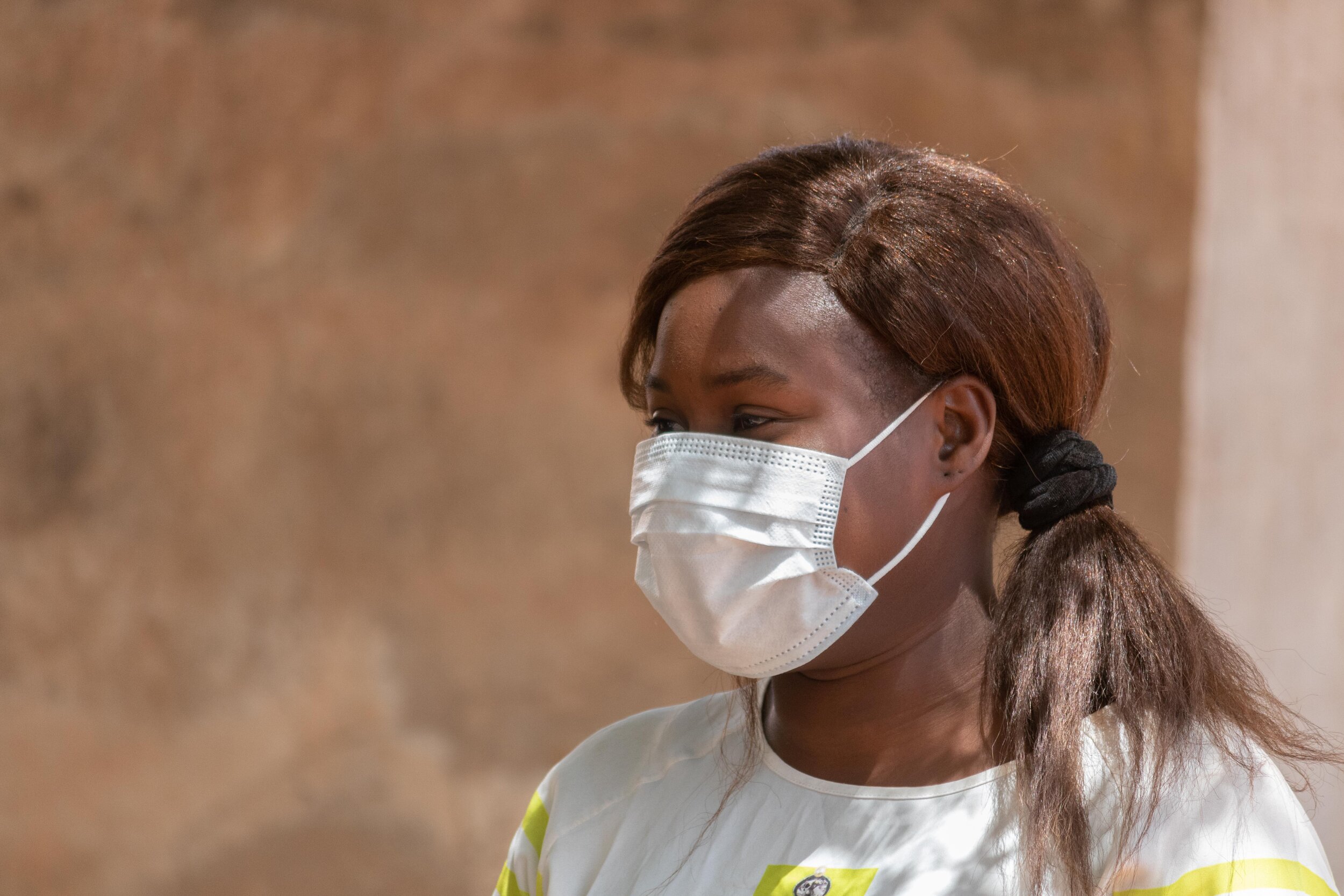
Food fortification is vital to reducing the risk of malnutrition—before, during, and after pandemics.
To prevent a rise in malnutrition as a result of the COVID-19 pandemic, countries need to maintain food systems and support large-scale interventions like the fortification of staple foods. The frontlines of every country’s health system are the immune systems of its people.
Policy Brief
At every life stage, micronutrients are crucial to immune system function and resilience to infectious disease. This brief makes the case for large scale staple food fortification as a critically important tool to fight malnutrition in general, and even more so during the global COVID-19 pandemic. It provides evidence that the pandemic is adversely impacting large scale food fortification programs in low and middle-income countries and outlines recommended actions to meet these challenges and to sustain and strengthen fortification programs.
In a call for action endorsed by Food Fortification Initiative, Global Alliance for Improved Nutrition, Helen Keller International, Iodine Global Network, Nutrition International, the Scaling Up Nutrition Movement, UNICEF, and the World Food Programme, this brief asserts that tackling vitamin and mineral deficiencies, through fortification and other interventions, strengthens community health and resilience to disease and should be prioritized as part of global and national responses to COVID-19.
Fact Sheets
Report
Other COVID-19 Resources
International Federation for Spina Bifida and Hydrocephalus
Standing Together for Nutrition
UN Food and Agriculture Organization
Photo: Ousmane Traore/World Bank




